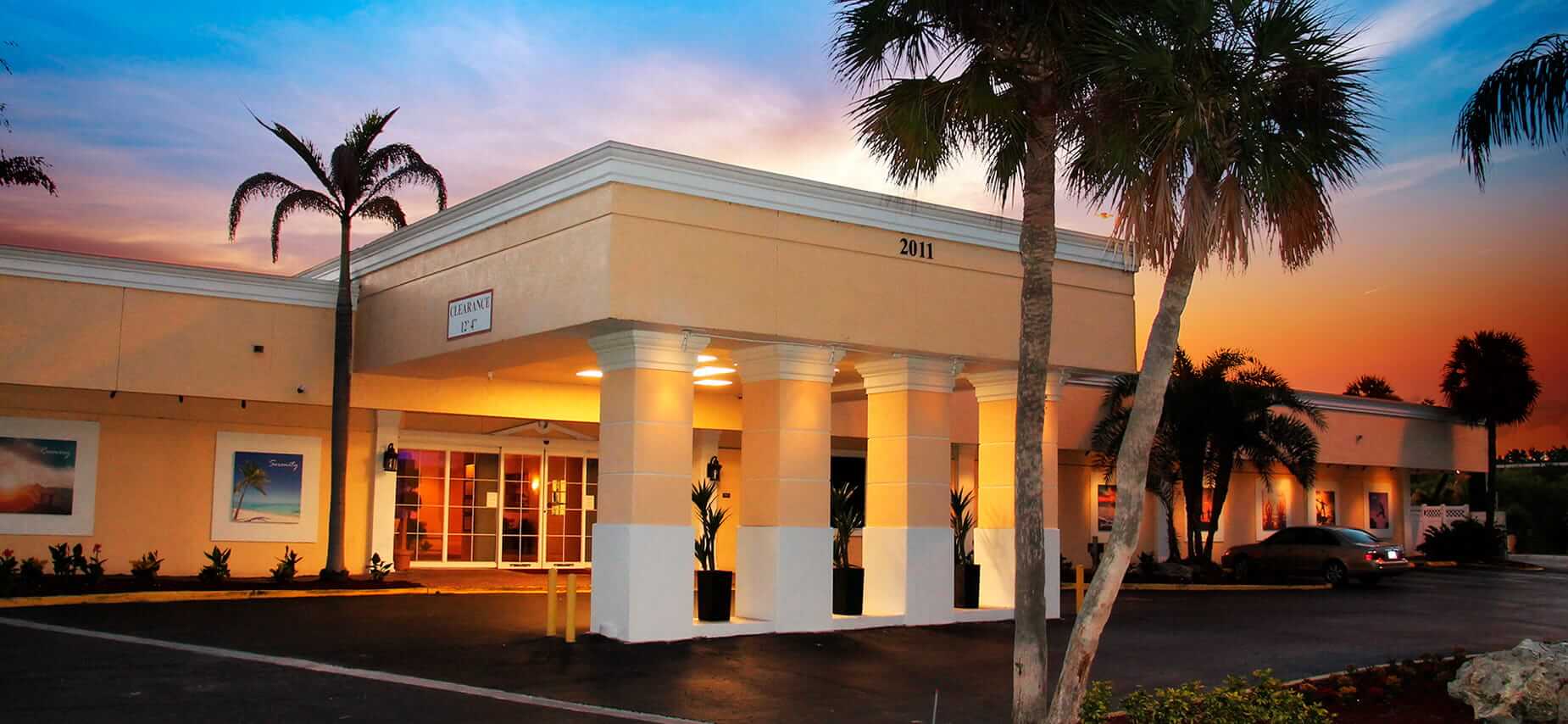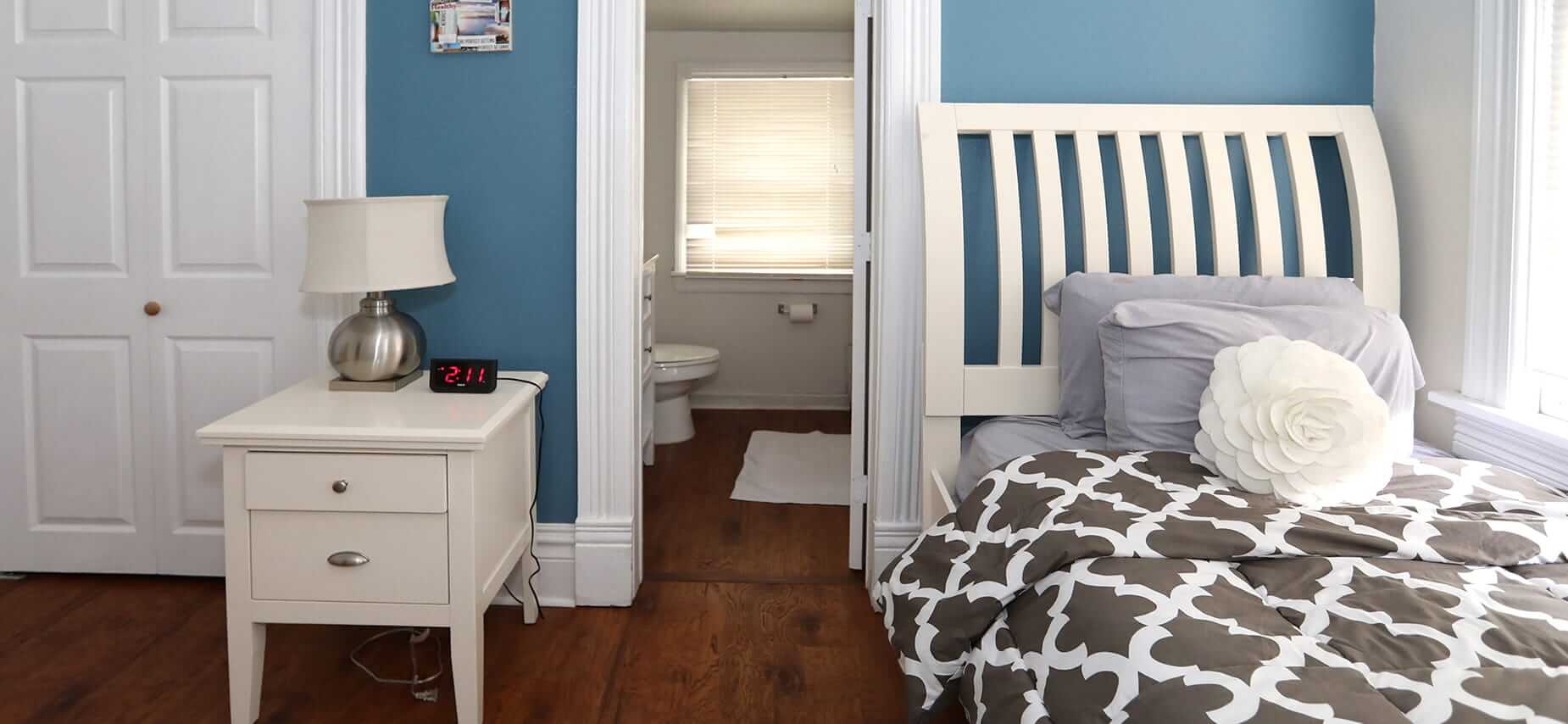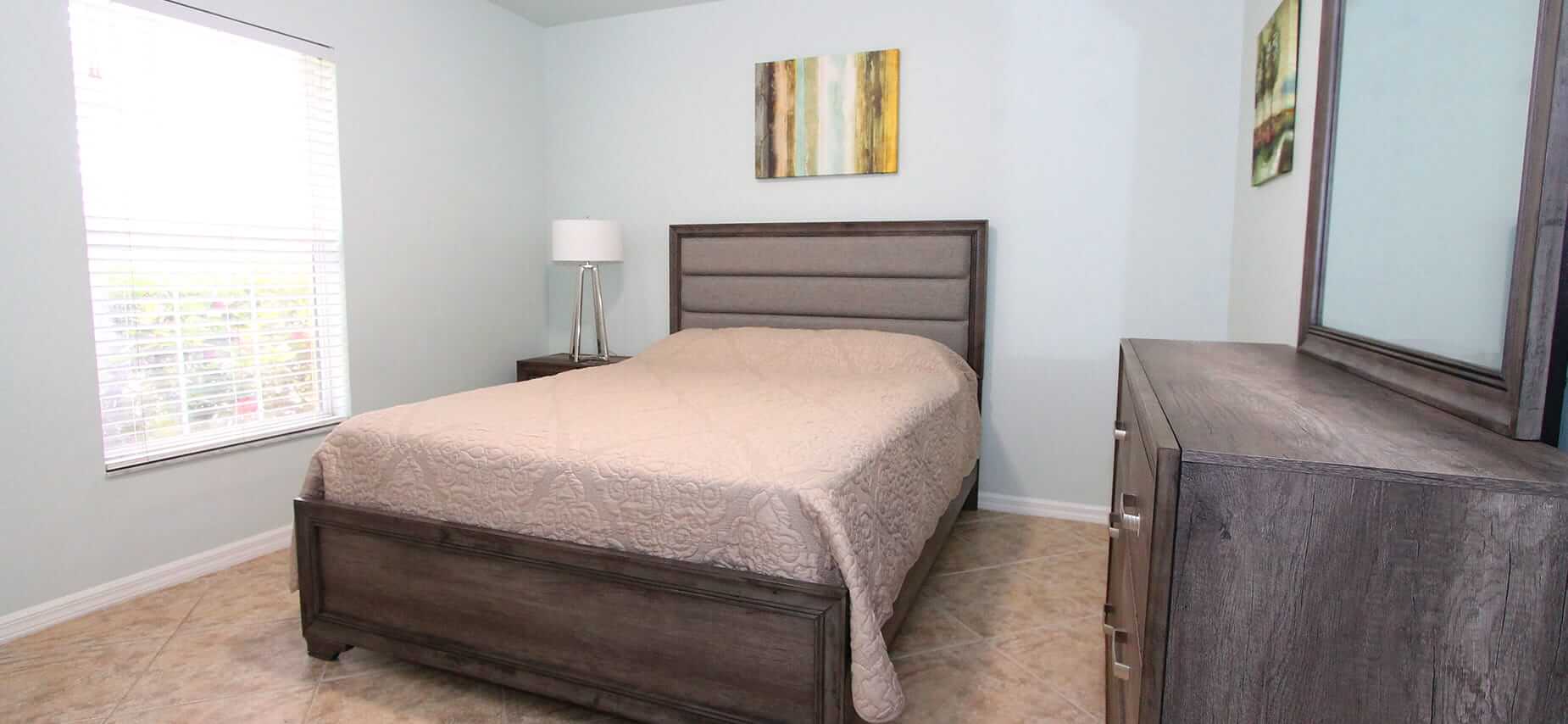BCBS Coverage for Drug and Alcohol Detox

Introduction to Blue Cross Blue Shield Insurance and Detox Coverage
Blue Cross Blue Shield is a huge health insurance corporation that provides nationwide coverage to over 115 million Americans, through more than 1.7 million healthcare providers, doctors, hospitals, clinics, pharmacies, and more. Depending on where you live, the name of your insurance provider may vary, as there are many under the BCBS umbrella. If you’re considering seeking substance abuse treatment, BBS insurance covers drug and alcohol detox, along with mental health care and many rehabilitation costs.
It’s crucial for anybody struggling with addiction to get help as quickly as possible, no matter the substance. Whether you’ve been using opioid drugs or alcohol, the effects on the body and brain can be severe, and your mental health may also be affected. Substance abuse can cause serious cardiovascular and organ damage, sleep issues, respiratory issues, and changes to your brain chemistry that can affect the rest of your life. The sooner you get into treatment the better, and if you have BCBS insurance, drug and alcohol detox, along with comprehensive aftercare, may not cost you a cent.
Understanding Your BCBS Plan’s Detox Coverage
Some of the treatments covered by BCBS insurance may include drug and alcohol detox, as well as medication-assisted treatments, partial hospitalization programs, intensive outpatient treatment, mental health care, group therapy, and more. There are several levels of insurance available through Blue Cross Blue Shield, and your exact coverage will depend on the state in which you live, as well as your specific insurance plan. Most will cover medically necessary detox at the very least, including alcohol detox, opioid detox, and benzodiazepine detox, as these substances can cause serious, or even deadly withdrawal symptoms.
Blue Cross Blue Shield offers different levels of coverage, and the doctors you see may be determined by the type of plan you have. For example, suppose you have Health Maintenance Organization (HMO) insurance. In that case, you will only have coverage if you go to an in-network HMO-contracted facility. Still, if you have a Preferred Provider Organization (PPO) plan, you may have partial coverage for out-of-network care too.
The amount you pay in premiums vs. the amount paid out-of-pocket for care also depends on which “tier” of plan you have. The bronze level offers roughly 60% coverage and has a higher deductible, but monthly premiums are low. Silver-tier insurance covers around 70% of costs with a lower deductible, but higher monthly premiums, Gold covers about 80%, with an even lower deductible and higher premiums, and platinum-tier plans offer the highest level of comprehensive coverage, with the lowest out-of-pocket expenses and deductibles, but higher premiums. Those with ongoing health needs may wish to choose a gold or platinum plan to pay for high or frequent medical bills.
If you’re unsure what types of treatment your insurance will cover, you can always speak to a representative at your insurance company or read through your policy online.
The Detox Process and BCBS Insurance
Detoxification is usually the first step in addiction treatment. It’s the process the body undergoes to remove the substances from your system, as your body and brain chemistry recover. Depending on the type of substances you have been using, how long you have been using them, and other factors like your physical and mental health, the process can range from mild to dangerous.

Staying inside a professional medical detox center can make all the difference to your chance of achieving long-term recovery. With professional medical care, prescription medications to ease pain, discomfort, and cravings, and a safe, supportive atmosphere, you’ll be more likely to stay for the duration of your detox and see it through. A program that offers an easy transition into an inpatient or outpatient rehabilitation program will help you keep the momentum going and give you the best possible chance at achieving a full recovery.
Depending on your unique insurance plan, some or all of the following treatments may be covered by BCBS insurance:
- Evaluation
- Stabilization during detox
- Medication-assisted treatment (MAT)
- Inpatient treatment
- Short- or long-term residential care
- Emergency counseling
- Outpatient care
- Time in a sober living home
- Telemedicine
Your insurance plan may or may not also play for holistic care. In many cases, your plan will cover evidence-based treatments and therapies, and you’ll pay for additional, alternative types of treatments out-of-pocket.
In many cases, for example, insurance will only cover a certain number of days in inpatient or partial hospitalization programs, or they may only cover specific therapies, but not others, or they may only pay for the use of FDA-approved medications like Methadone, Buprenorphine, Naltrexone and Disulfiram. While we always put your health first, at WhiteSands, we can check with your insurance provider to find out what levels of care and types of treatment will be paid for by your insurance, and then create a program that works within those parameters.
Navigating BCBS Pre-Authorization for Detox Services
Sometimes, BCBS insurance will only certain drug or alcohol detox services if they have been pre-authorized. This means that you or your health care provider will have to check with the insurance company and get prior approval before the plan will cover the treatment. This type of pre-authorization may come into play for the use of certain medications or therapies, as the doctor will have to prove the treatment to be medically necessary.
For detox services, the doctors at the treatment center might need to submit a prior authorization request before beginning treatment, or if the center is out-of-network with your insurance provider, you will be the one responsible for proactively getting pre-authorization. You can always call your insurance company yourself or login to the web portal and learn more about medications and services that need preauthorization. At WhiteSands, we are also happy to check for you. With your permission, we can contact your insurance company on your behalf and let you know the steps you need to take to ensure you’re paying the lowest possible out-of-pocket costs.
In-Network vs. Out-of-Network Detox Facilities and BCBS Coverage
In-network detox facilities are those that have signed an agreement with your insurance company to provide services at a specific rate. Out-of-network providers do not have a contract with your health insurance plan. When you choose out-of-network detox facilities, you may be responsible for more of the costs associated with your treatment.
At WhiteSands, we are happy to accept out-of-network insurance plans from all major health insurance providers including BCBS, offering high-end care to anyone who needs substance abuse treatment, and working within coverage guidelines as best we can.
Managing Out-of-Pocket Costs with BCBS for Detox Treatment
Detox and rehab can be costly, but it is well worth the expense. Even if you have health insurance, you’ll likely still have out-of-pocket costs to contend with. Some of the recommended ways to manage detox treatment costs are:
- Selecting a lower level of care (eg. outpatient vs. inpatient rehab)
- Taking out a loan or borrowing from friends and family
- Crowdfunding or raising money in other ways
- Asking about community resources, as sometimes churches, schools, or community health centers offer financial assistance or other helpful resources
- Check whether your work has an employee assistance program that provides financial help
- Researching subsidies, grants, and scholarships in your state
- Looking into state-funded treatment centers and non-profit organizations
- Asking treatment centers about sliding scale fees or payment plans
Common Challenges with BCBS Coverage for Detox and Solutions
Some of the biggest challenges of BCBS insurance for drug and alcohol detox are that some plans limit the number of days of treatment you can access in one year, as well as the number of times you can re-enter treatment in a year. If you have a severe substance use disorder, limitations on the amount of time you can stay in inpatient or partial hospitalization care can put pressure on you and may rush the healing process.
Depending on your insurance plan, you may also have to contend with high copayment amounts and meeting a deductible of several thousand dollars before your insurance even kicks in. Not everybody has thousands sitting in the bank for an emergency, so even if you have insurance, getting started in treatment can be a challenge.
WhiteSands Treatment’s Experience with BCBS for Detox Services
Detox and rehab may be the keys to unlocking a healthy, happy future for yourself. Don’t let the cost of rehab limit you from receiving the care you need. Call WhiteSands today, and we can help you understand your coverage, and help you plan for your treatment, now.
We’re experienced in all types of insurance, and we can collaborate with you, within the parameters of your plan, to create a substance use disorder treatment plan that will help you heal the underlying roots of addiction, gain new recovery skills, and learn the healthy habits you need to get sober, for good. Get started today by calling us at (877) 855-3470.
If you or a loved one needs help with abuse and/or treatment, please call the WhiteSands Treatment at (877) 855-3470. Our addiction specialists can assess your recovery needs and help you get the addiction treatment that provides the best chance for your long-term recovery.


























